
Veganism is rapidly gaining popularity among the population, including with athletes. Veganism for athletes can be a great way to enhance performance and recovery for elite professionals and weekend warriors alike.
As awareness grows about the environmental and health advantages of plant-based eating, more athletes are incorporating veganism into their routines. However, transitioning to a vegan diet requires careful planning, especially for those whose nutrition is tightly linked to their athletic performance.
In this article, we’ll explore the key aspects of vegan nutrition, debunk common misconceptions, and provide actionable strategies to optimize plant-based meals for athletic success.
Learn how to supplement your vegan diet with greens powders
Whether you’re an endurance athlete, strength trainer, or simply looking to improve your overall health, this guide will offer valuable insights to help you thrive on a vegan diet.
How Does a Vegan Diet Impact Athletes?
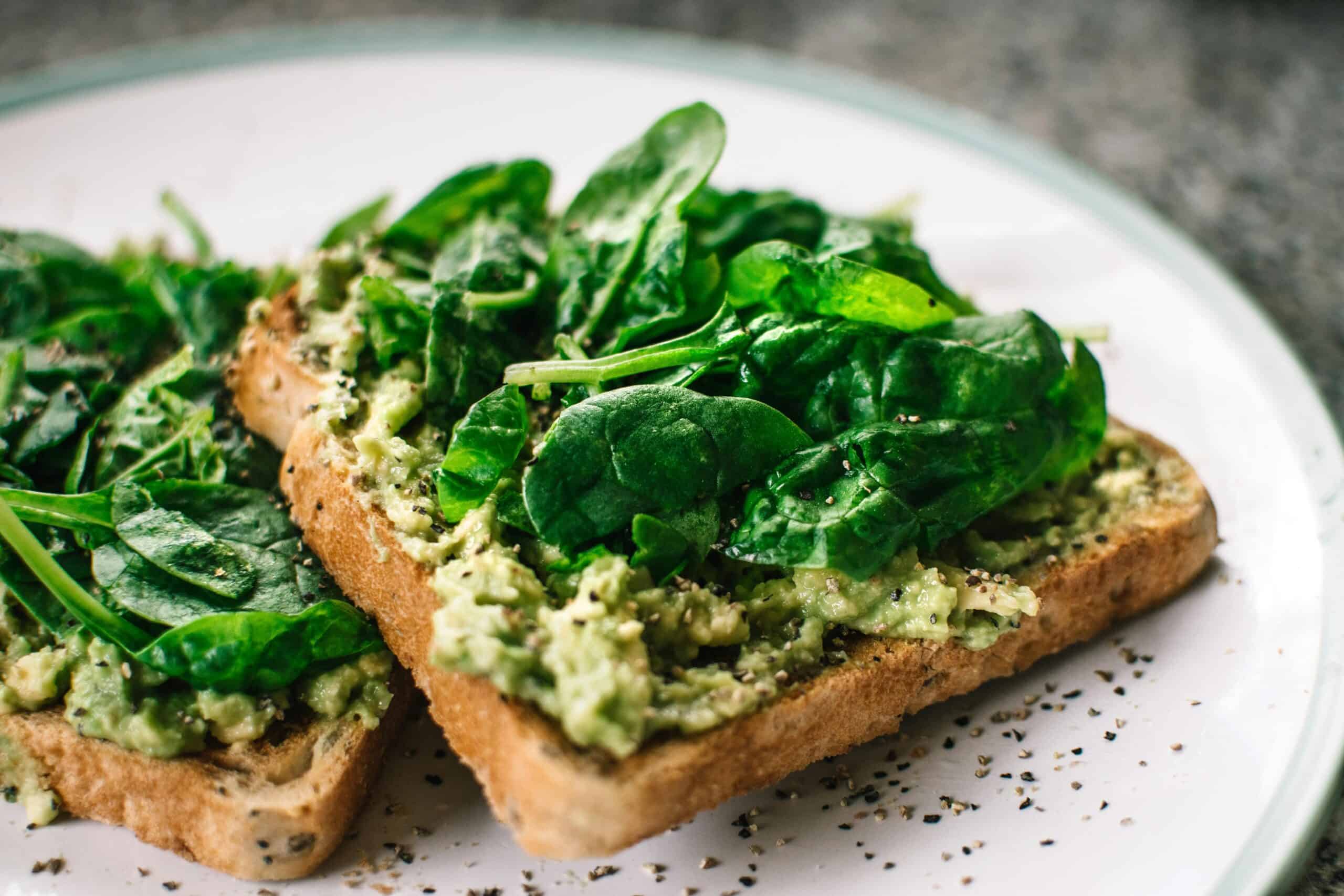
Before we dive into vegan nutrition, it’s important to clarify the difference between a “vegan” and “plant-based” diet.
While the two terms are often used interchangeably, there are key differences that can influence an athlete’s approach to nutrition.
- Vegan diet: A vegan diet eliminates all animal products—no meat, dairy, eggs, or even honey. It’s a more ethical and environmental choice, focusing on animal welfare and reducing one’s carbon footprint.
- Plant-based diet: This diet focuses primarily on whole, unprocessed plant foods. While it excludes animal products, it is generally less strict, with some individuals occasionally consuming animal-derived products like honey or refined oils. For athletes, this approach can be more flexible but still prioritizes the benefits of plant foods.
Both diets can provide the necessary nutrients for performance, but a strict vegan diet often requires more attention to detail to ensure all nutritional needs are met.
Why Do Some Athletes Choose Veganism?
A growing number of athletes are adopting veganism for several reasons, with health, performance, and ethical considerations driving the shift. Many athletes report feeling better and performing at higher levels when they choose plant-based eating.
Some benefits include:
- Improved recovery: Vegan diets are rich in superfoods that contain antioxidants, which can help reduce inflammation and muscle soreness.
- Sustained energy levels: The complex carbohydrates found in plant-based foods provide a steady release of energy, helping athletes sustain performance over long training sessions or competitions.
- Better gut health: Vegan diets, which are high in fiber, improve digestion and gut health, making it easier for athletes to absorb nutrients and feel energized.
- Ethical and environmental reasons: Many athletes choose veganism because they align with ethical values and want to contribute to a more sustainable planet.
Benefits of a Plant-Based Diet for Athletes
A well-balanced plant-based diet can offer athletes a variety of benefits that support both physical and mental performance.
When executed properly, vegan nutrition not only helps with recovery and inflammation reduction but also boosts endurance, cardiovascular health, and cognitive function.
Improved Cardiovascular Health
Maintaining optimal cardiovascular health is essential for sustained performance. A plant-based diet is naturally heart-healthy, helping reduce cholesterol levels, lower blood pressure, and improve circulation.
These benefits can enhance endurance, as efficient blood flow ensures muscles receive adequate oxygen and nutrients during exercise.
A key factor in this cardiovascular boost is the increased production of nitric oxide, a compound that helps widen blood vessels and improve blood flow.
Vegan-friendly foods like beetroot and leafy greens, which are rich in nitrates, have been shown to enhance nitric oxide production, supporting better circulation and improving endurance performance.
Reduced Inflammation and Faster Recovery
Excessive or chronic inflammation can slow recovery and performance. Plant-based diets are rich in anti-inflammatory compounds, helping reduce this response. Unlike red and processed meats, plant foods like berries, leafy greens, and nuts contain antioxidants that fight free radicals from exercise, easing muscle soreness and improving recovery.
Vegan athletes also benefit from omega-3 fatty acids found in flaxseeds, chia seeds, and walnuts, which further reduce inflammation, support joint health, and speed up recovery, allowing for better performance and more frequent training.
Enhanced Endurance and Overall Energy Levels
Plant-based diets are rich in complex carbohydrates, fiber, and healthy fats, all of which contribute to consistent energy levels during training and competition.
Eating vegan can help athletes maintain stable blood sugar levels, reducing the risk of energy crashes. By focusing on nutrient-dense whole foods, vegan athletes can keep their energy high without the excess fat gain that can come from more calorie-dense omnivorous diets.
Weight Management and Lean Muscle Retention
A plant-based diet supports weight management by being lower in calories and fat compared to omnivorous diets.
Plant foods are nutrient-dense but lower in energy, helping prevent overeating and promoting healthy weight. High fiber content also keeps athletes fuller longer, aiding portion control. This diet also supports lean muscle growth.
While protein intake may be a concern, sources like legumes, tofu, tempeh, and quinoa provide sufficient protein for muscle development.
Additionally, vegan diets improve insulin sensitivity, which aids muscle building and recovery.
Mental Clarity and Focus
A plant-based diet can enhance mental clarity and focus, which are key for decision-making and performance in high-pressure situations.
Foods like leafy greens, nuts, seeds, and avocados are rich in brain-boosting nutrients such as vitamins, minerals, and omega-3s, supporting brain health and concentration. Studies show that vegans often have a lower risk of cognitive decline, further emphasizing the mental benefits of plant-based eating.
By fueling the brain with proper nutrition, athletes can sharpen focus and improve performance in both training and competition.
Common Concerns & Nutrient Considerations
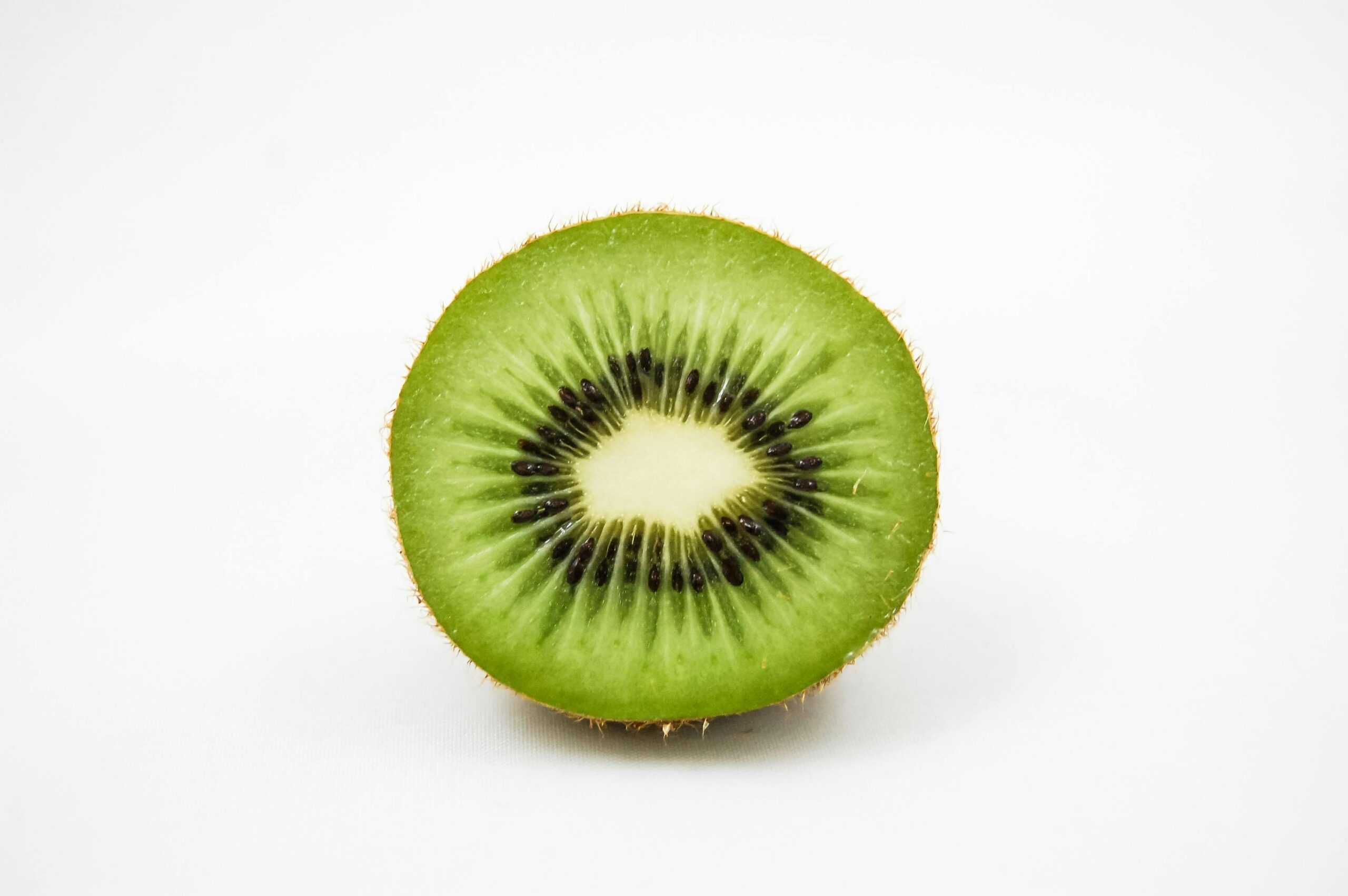
Protein Intake & Sources
Protein is often the most debated topic for athletes adopting a vegan diet. The concern is that plant-based protein sources may not provide enough fuel to meet performance needs.
The truth is that many plant-based foods are packed with more than enough protein to fuel athletic performance and recovery.
Debunking the Protein Myth
The popular misconception is that athletes must consume animal products to get sufficient protein. In reality, plant-based proteins can provide all the essential amino acids the body requires, supporting muscle repair, growth, and overall performance.
Many vegan athletes thrive on plant-based diets, meeting their protein requirements without the need for animal products.
Best Vegan Protein Sources
Vegan athletes have access to an impressive array of protein-rich foods that can easily meet daily protein needs. Here are some of the top plant-based sources:
- Legumes: Lentils, chickpeas, and beans are packed with protein and fiber, supporting muscle recovery and nutrition.
- Soy Products: Tofu and tempeh are complete proteins, providing all nine essential amino acids.
- Quinoa: A complete protein with a great mix of protein and fiber for sustained energy.
- Seitan: A high-protein meat alternative, adding variety to meals.
- Nuts and Seeds: Hemp seeds, chia seeds, and almonds provide protein and healthy fats for overall health.
- Plant-Based Protein Powders: Pea, hemp, and rice protein powders help boost protein intake for athletes with higher needs.
Maximizing Protein Intake
To ensure you're meeting your protein needs, it's important to consume a variety of these plant-based protein sources. This diversity will ensure you're getting all essential amino acids, which are necessary for muscle repair and overall performance.
Plant proteins also come with the added benefit of being high in fiber, which supports digestive health—a key factor in maintaining energy levels and stamina.
Recommended Daily Intake
The recommended protein intake varies depending on an athlete's activity level, training intensity, and body weight.
Generally, endurance athletes should aim for 1.2–1.4 grams of protein per kilogram of body weight, while strength athletes may need 1.6–2.0 grams per kilogram.
With the right planning, protein intake on a vegan diet can not only meet but potentially exceed the needs of active individuals, providing sustained energy, enhanced recovery, and muscle growth.
Essential Vitamins & Minerals for Vegan Athletes
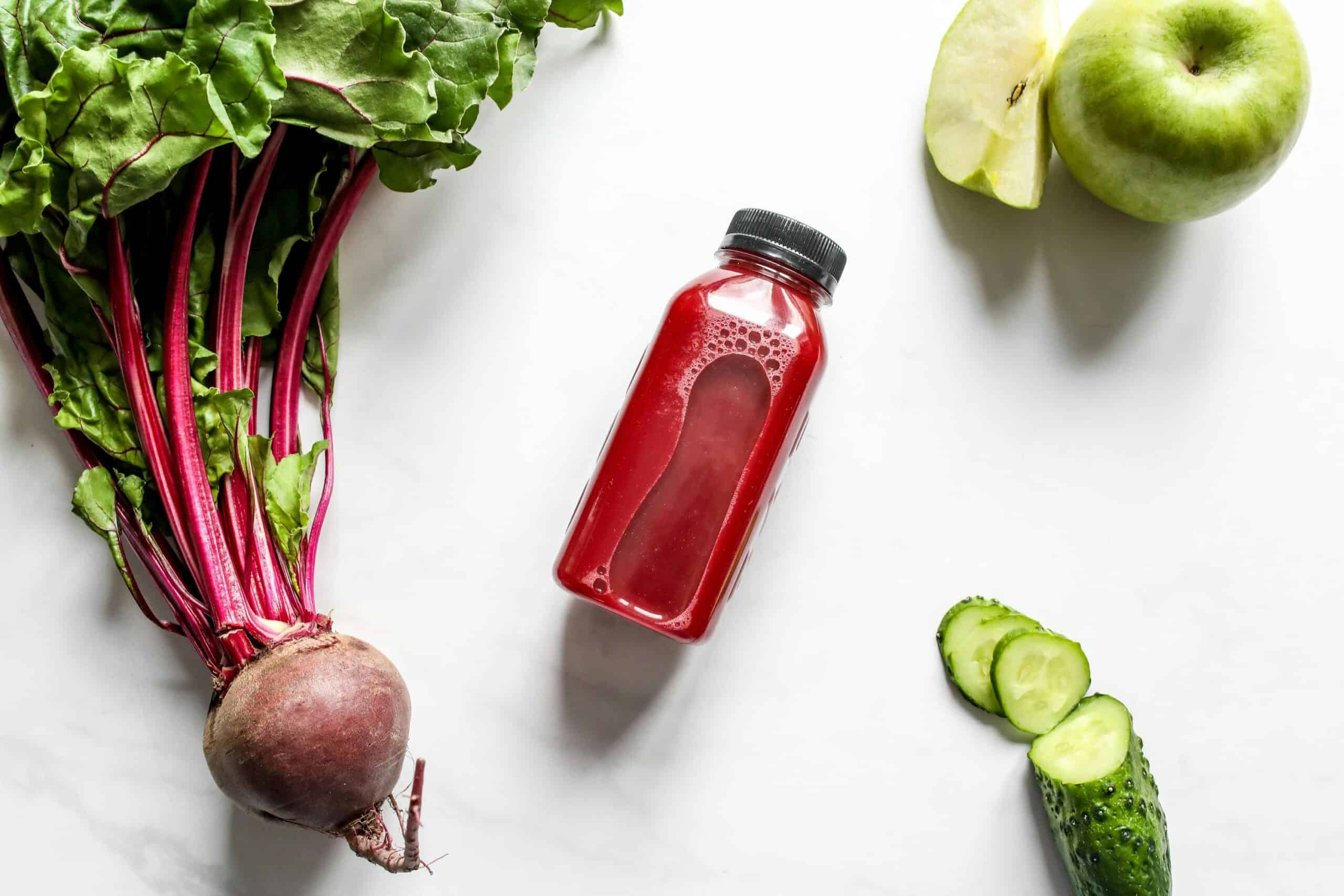
Maintaining a balanced and nutrient-rich diet is vital for athletes, and for those following a vegan lifestyle, careful attention must be paid to ensure they are meeting their vitamin and mineral needs.
Several essential nutrients, such as vitamin B12, iron, omega-3 fatty acids, calcium, and vitamin D, can be more challenging to obtain from a plant-based diet, but vegan athletes can meet these needs and thrive.
Live it Up Super Greens can help you ensure that you’re getting all the essential vitamins and minerals on a daily basis!
Iron and Vitamin B12
Two nutrients commonly discussed in the context of vegan nutrition are iron and vitamin B12, as they require particular attention when following a plant-based diet.
- Iron: Spinach, lentils, and tofu are rich in non-heme iron, which is less absorbed by the body. To boost absorption, pair with vitamin C-rich foods like citrus, peppers, or broccoli.
- Vitamin B12: Essential for nerve function and energy, but not naturally found in plants. Vegan athletes should consume fortified foods or take a B12 supplement to prevent deficiency and support energy, mental clarity, and recovery.
Omega-3s and Other Essential Fats
Omega-3 fatty acids are key for reducing inflammation and muscle soreness. While they are typically found in fish, vegan athletes can get omega-3s from plant sources like flaxseeds, chia seeds, and walnuts, which provide alpha-linolenic acid (ALA).
For EPA and DHA, algae oil supplements offer a plant-based alternative to fish oil, supporting joint health and recovery.
Calcium, Vitamin D, and Bone Health
Calcium and vitamin D are crucial for strong bones, especially for athletes in weight-bearing or high-impact sports.
Since these nutrients are often sourced from dairy, vegan athletes should focus on the following plant-based alternatives.
- Calcium: Calcium supports bone density and muscle function, reducing fracture risk. Vegan athletes can get calcium from leafy greens, almonds, tahini, and fortified plant-based milk products.
- Vitamin D: Vitamin D helps the body absorb calcium, supporting bone health. While sunlight helps the body produce vitamin D, athletes who train indoors or live in low-sunlight areas may need vegan-friendly D2 or D3 supplements made from lichen.
By combining whole foods and supplements when needed, vegan athletes can maintain optimal health, prevent deficiencies, and enhance performance.
Zinc and Iodine Considerations
Though less commonly discussed, zinc and iodine are important for vegan athletes.
- Zinc supports immune function, protein synthesis, and muscle recovery and can be found in legumes, nuts, seeds, and whole grains.
- Iodine, essential for thyroid function, is found in seaweed (like nori and wakame) and iodized salt.
Ensuring adequate intake of these nutrients is key to supporting overall health and athletic performance.
Meal Planning & Nutrition Strategies
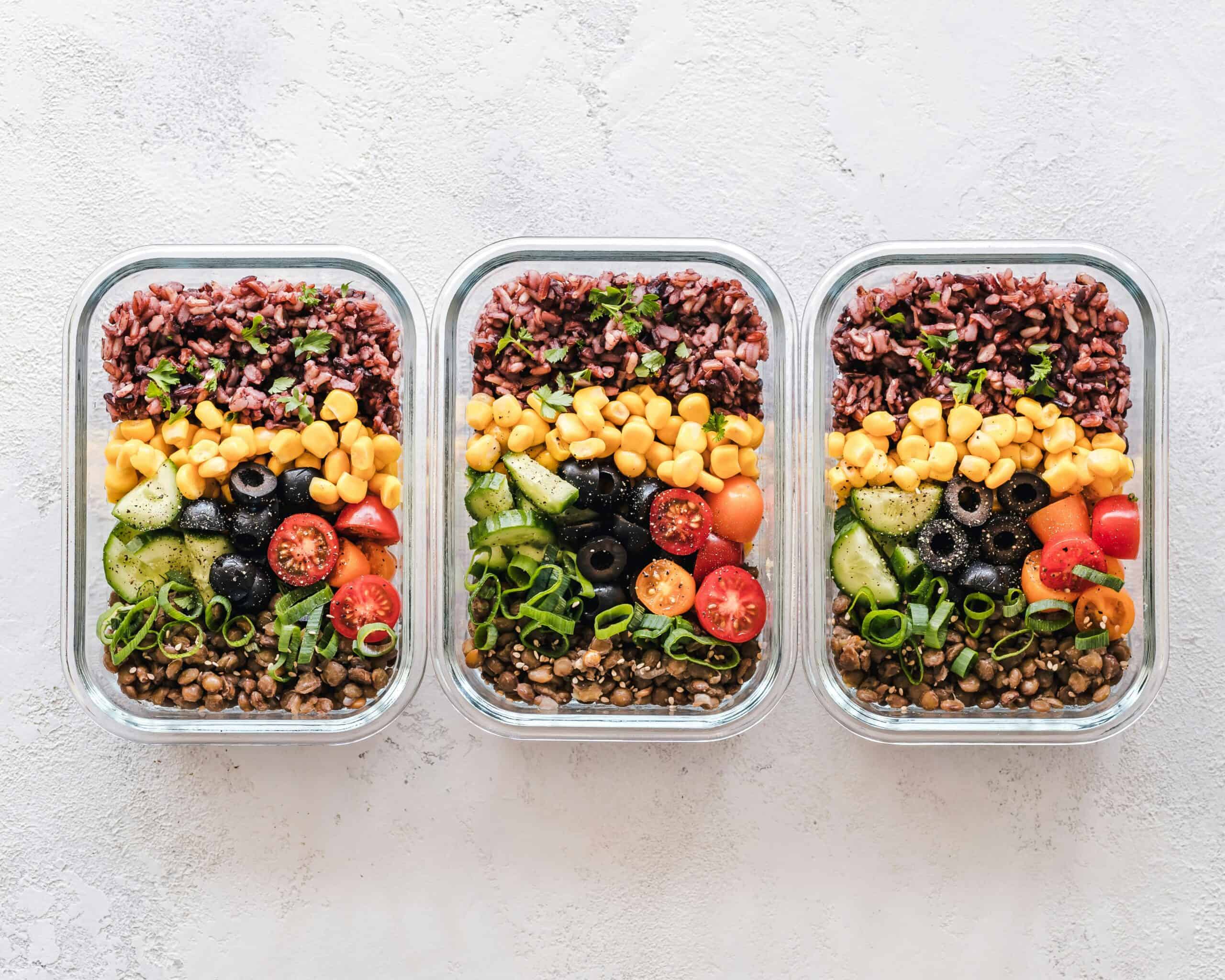
Proper meal planning is essential for vegan athletes to ensure they meet their energy, nutrition, and recovery needs. Focusing on the right balance of macronutrients—carbs, proteins, and fats—at key times throughout the day can enhance performance and recovery.
Here’s how to structure your meals and snacks to fuel your workouts and aid in muscle growth and repair.
Pre-Workout Nutrition
A good pre-workout meal should provide a balance of complex carbohydrates and protein to sustain energy throughout your session and support muscle repair. Aim to consume this meal 1–2 hours before working out.
- Best carbs: Whole grains (e.g., oats, quinoa), fruits (e.g., bananas, apples), and starchy vegetables (e.g., sweet potatoes).
- Best protein sources: Plant-based protein powders (pea, hemp, or rice), tempeh, tofu, legumes, or seeds.
Example Pre-Workout Meals
- Smoothie made with banana, spinach, almond milk, and plant-based protein powder.
- Oatmeal topped with chia seeds and a spoonful of almond butter.
Post-Workout Recovery
Post-workout nutrition is key for replenishing glycogen stores and repairing muscle tissue. Focus on consuming a combination of carbs to restore energy and protein to support muscle recovery. Healthy fats also aid in reducing inflammation.
- Importance of protein: After exercise, the body needs protein to repair muscle fibers broken down during exercise. Proteins provide the materials necessary for these repairs.
- Carbohydrates: These are necessary for replenishing glycogen stores, which fuel your muscles for the next workout.
Example Post-Workout Meal:
- Tempeh stir fry with quinoa, vegetables, and avocado.
- Lentil soup with brown rice and a side of leafy greens.
Daily Meal Examples for Vegan Athletes
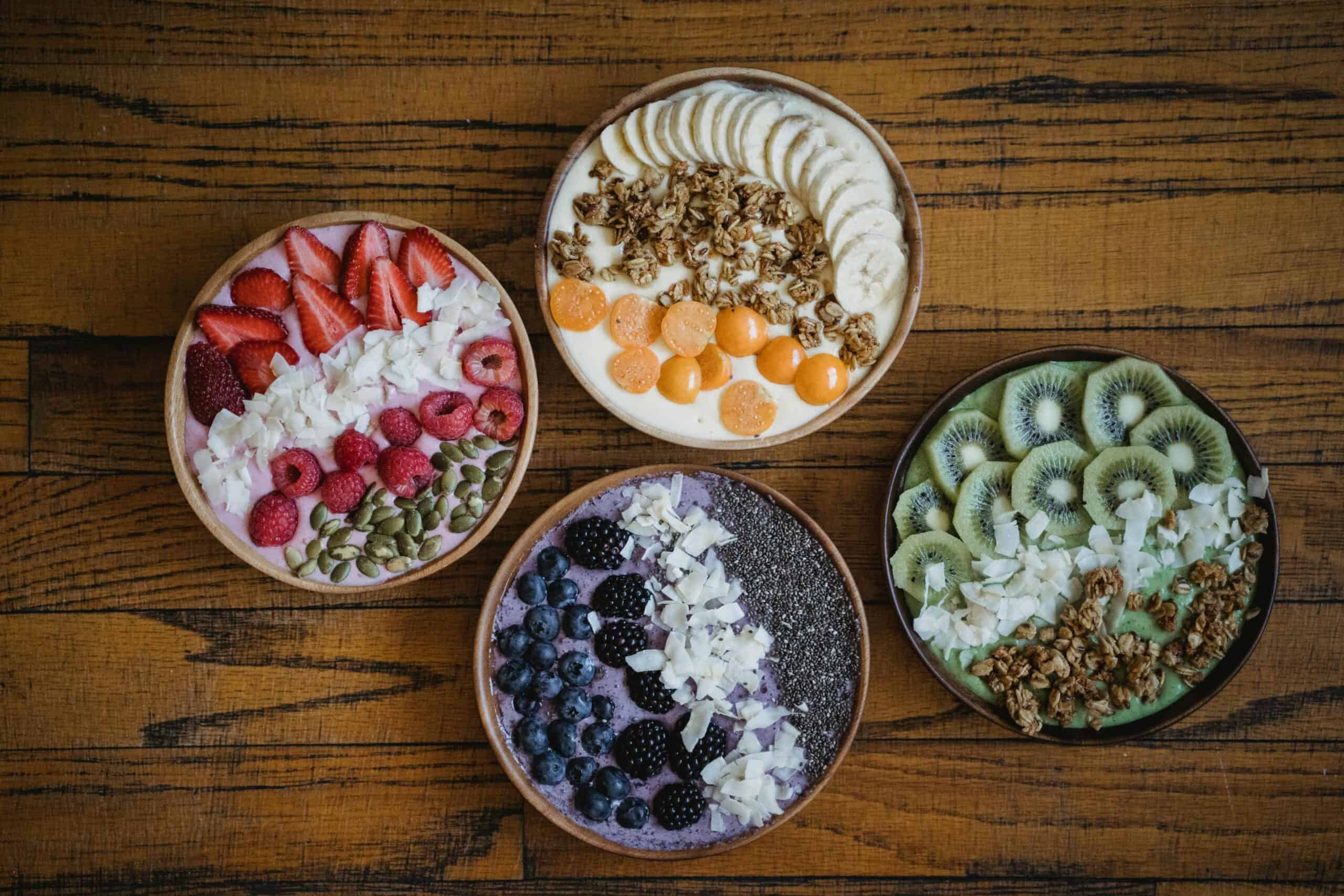
To ensure you're getting all the nutrients you need for optimal performance and recovery, here's a sample meal plan. It focuses on whole, nutrient-dense foods to keep you energized and supported throughout the day.
Breakfast
- Scrambled tofu on whole-grain toast with avocado
- Overnight oats made with chia seeds and almond butter, topped with berries.
Lunch
- Chickpea and quinoa salad with leafy greens, avocado, and tahini dressing
- Lentil stew with brown rice and steamed vegetables.
Dinner
- Stir-fried tempeh with broccoli, sweet potatoes, and sesame seeds.
- Vegan chili with beans, lentils, and whole-grain crackers.
Snacks
- Protein smoothie with fruits and plant-based protein powder
- Trail mix made with almonds, sunflower seeds, and dried fruit
Macronutrient Breakdown (example)
- Protein: 15–25g per meal
- Carbohydrates: 40–60g per meal
- Fats: 10–15g per meal
Hydration
Stay hydrated throughout the day with plenty of water. After intense workouts, you can replenish electrolytes with coconut water or a plant-based electrolyte drink.
For more meal ideas and detailed recipes, check out our full VNutrition Meal Plan.
Supplements for Vegan Athletes

Supplements can help enhance performance, support recovery, and ensure optimal health. A well-balanced vegan diet can meet most of an athlete's nutritional needs, but there are certain cases where supplements are necessary to fill in gaps.
What Supplements Are Necessary
While a plant-based diet offers many benefits, certain nutrients may require extra attention, particularly for athletes with higher demands. Here are the supplements typically recommended:
- Vitamin B12: Essential for energy production and red blood cell health, B12 is not found in plant foods. A supplement or fortified foods are needed.
- Omega-3: Vegan sources like algae oil provide the necessary EPA and DHA fatty acids found in fish.
- Protein: Most plant-based foods offer adequate protein, but athletes may benefit from vegan protein powders (pea, hemp, rice) for muscle recovery or higher protein needs.
- Vitamin D: In areas with limited sunlight, a vitamin D supplement (D2 or D3 from lichen) can support bone health and immune function.
Best Plant-Based Multivitamins & Protein Powders
Multivitamins can be a convenient way to ensure that vegan athletes cover all their bases. Some top recommendations include:
Plant-Based Multivitamins
Opt for multivitamins that are specifically formulated for vegans. These typically include B12, iron, calcium, and other essential nutrients that may be more challenging to get from food alone.
Protein Powders
Plant-based protein powders (pea, hemp, and rice) are a great way to supplement your intake if you need additional protein post-workout or throughout the day.
Greens Powders and Other Supplements
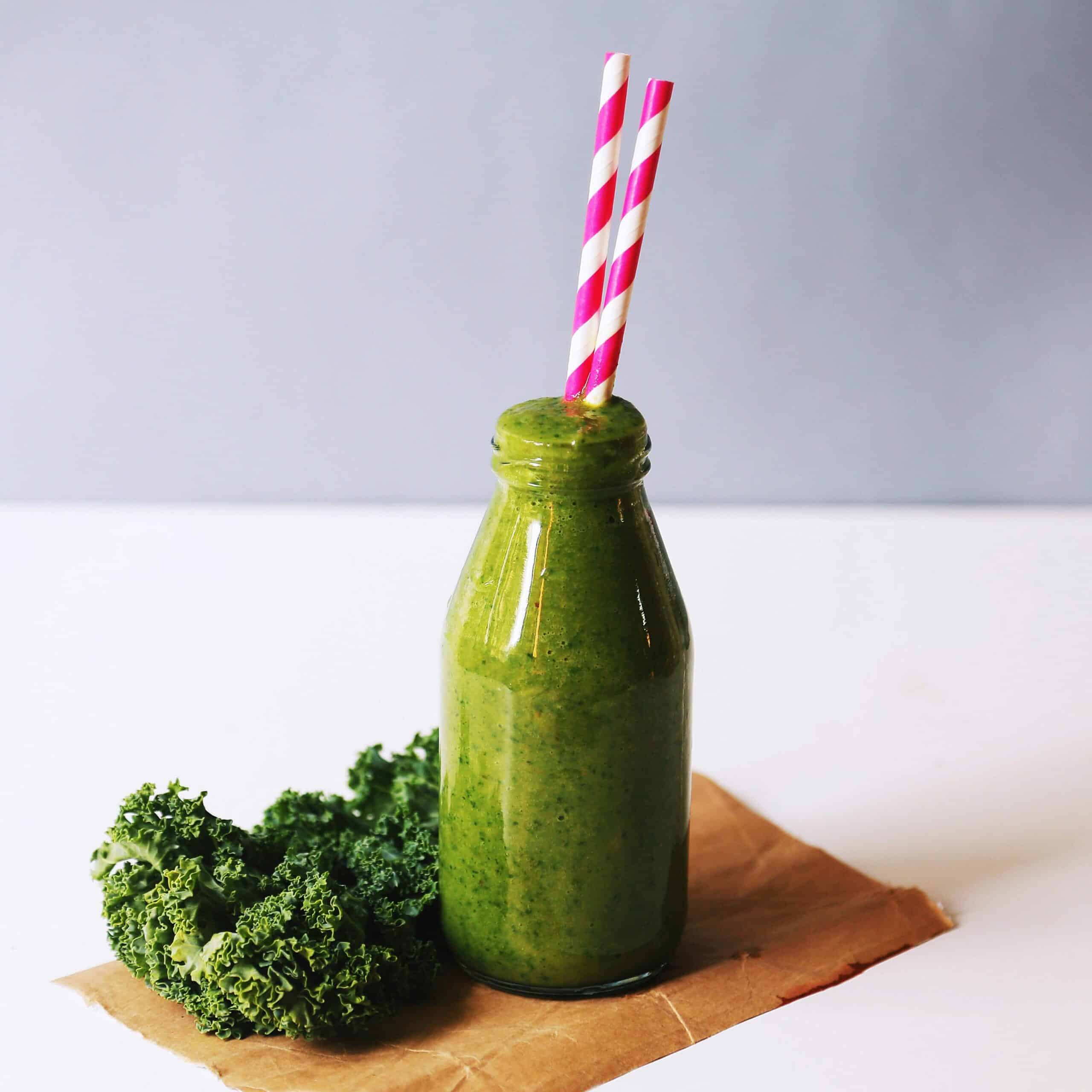
Greens powders like AG1 can seem like a natural choice for athletes looking to boost their intake of micronutrients, but it's important to do your research before relying solely on them. While they can be beneficial, powders should not replace whole foods.
Recommended Dosages
- B12: 250–500 mcg daily (depending on individual needs)
- Omega-3 (Algae Oil): 250–500 mg of combined EPA/DHA per day
- Protein Powders: 20–30g of protein per serving, depending on activity level
- Vitamin D: 600–1000 IU daily (or as recommended by your doctor based on your needs)
A Note on Supplements
While supplements can support your health and fitness goals, they should always be used in coordination with a doctor- or nutritionist-approved plan. This ensures you're taking the right supplements in the right amounts based on your individual needs.
Always consult your healthcare provider before introducing new supplements into your routine.
Famous Vegan Athletes & Scientific Evidence Supporting Vegan Performance
Several high-performing athletes have thrived on plant-based diets, proving that veganism can support elite athletic performance:
- Venus Williams (Tennis): Overcame autoimmune disease symptoms and achieved success on a plant-based diet.
- Patrik Baboumian (Strongman): Set records as one of the world’s strongest men while following a vegan diet.
- Kris Carr (Author and Wellness Advocate): Thrived on a plant-based diet despite being diagnosed with cancer.
- Lewis Hamilton (Formula 1 Driver): Advocates for veganism while excelling in his sport.
- Scott Jurek (Ultramarathoner): Set records in some of the world’s toughest endurance races on a vegan diet.
- Rich Roll (Ultra-Endurance Athlete): A plant-based ultra-endurance athlete who has succeeded in demanding sports.
Scientific Evidence
Numerous studies support the benefits of a plant-based diet for athletic performance. Vegan diets have been shown to improve endurance, speed up recovery, and enhance overall health.
Research indicates that vegan athletes experience reduced inflammation, faster recovery due to antioxidants in plant foods, and enhanced cardiovascular health from improved blood flow, contributing to better performance and quicker recovery.
These scientific findings are mirrored in the success stories of athletes like Venus Williams and Rich Roll, who excel in demanding sports while following plant-based diets.
Excel as a Vegan Athlete
A vegan diet is not only sustainable for athletes but can also significantly enhance their performance, improve recovery, and support long-term health. By focusing on nutrient-dense plant-based foods, athletes can fuel their bodies with the right balance of carbohydrates, proteins, healthy fats, vitamins, and minerals needed for optimal performance.
With proper planning and attention to nutrient needs, such as ensuring adequate intake of vitamin B12, iron, calcium, and omega-3 fatty acids, athletes can thrive on plant-based nutrition. This approach can lead to increased energy levels, faster recovery times, reduced inflammation, and a decreased risk of chronic diseases, enabling athletes to achieve their goals while maintaining a strong, healthy body.
With the right resources and knowledge, vegan athletes can experience peak performance and long-lasting vitality.
The V Nutrition Editorial Team, consisting of experts in vegan nutrition and health, focuses on providing accurate and helpful information. With backgrounds in nutrition science and a shared commitment to plant-based living, we ensure that every piece of content not only educates but also empowers our readers to make informed lifestyle choices.
The V Nutrition Editorial Team, consisting of experts in vegan nutrition and health, focuses on providing accurate and helpful information. With backgrounds in nutrition science and a shared commitment to plant-based living, we ensure that every piece of content not only educates but also empowers our readers to make informed lifestyle choices.


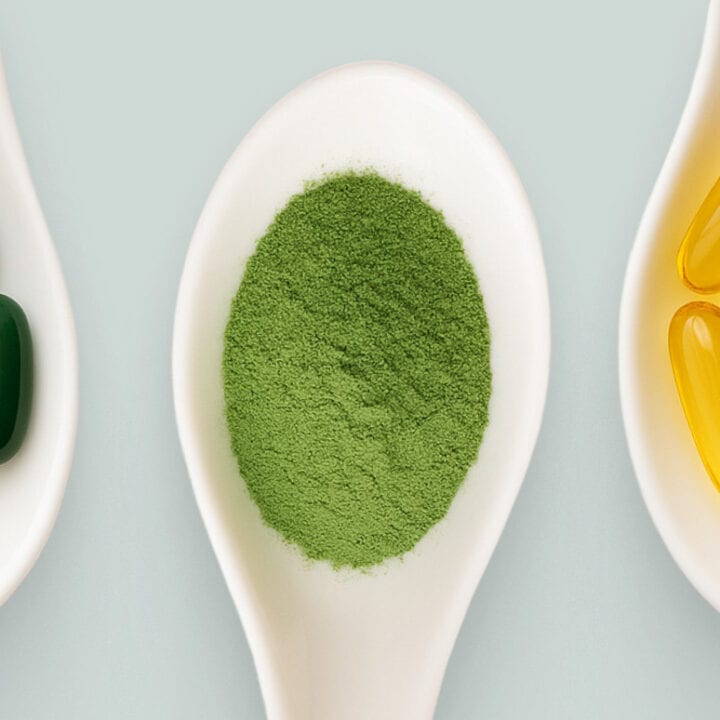
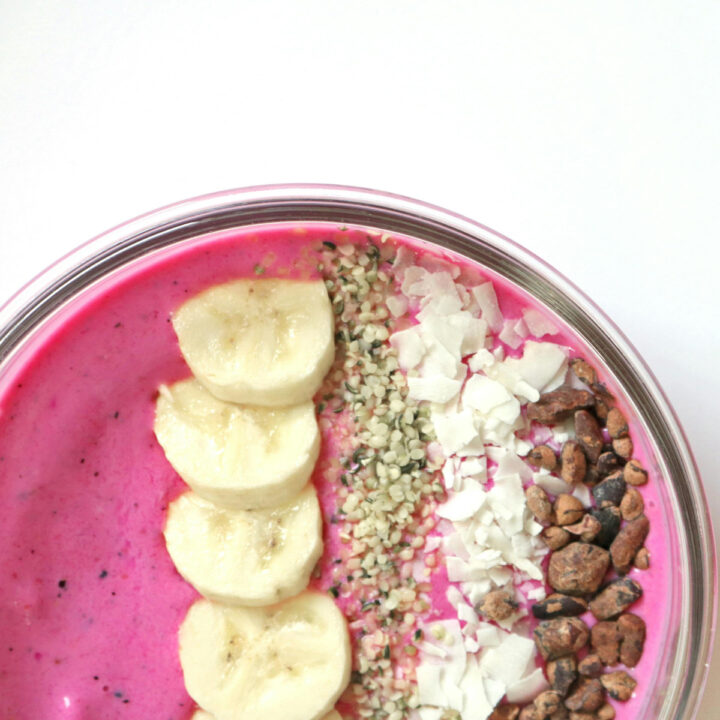
Comments
No Comments